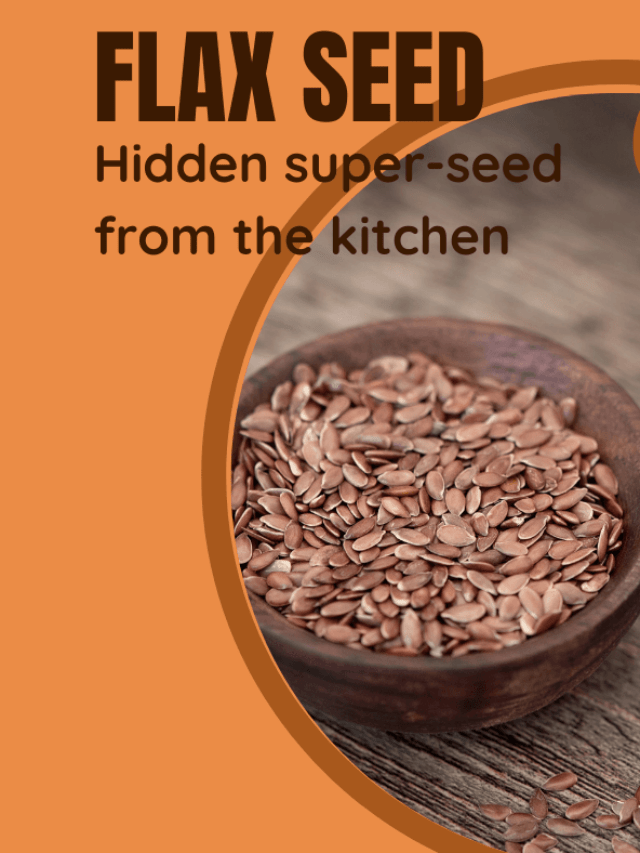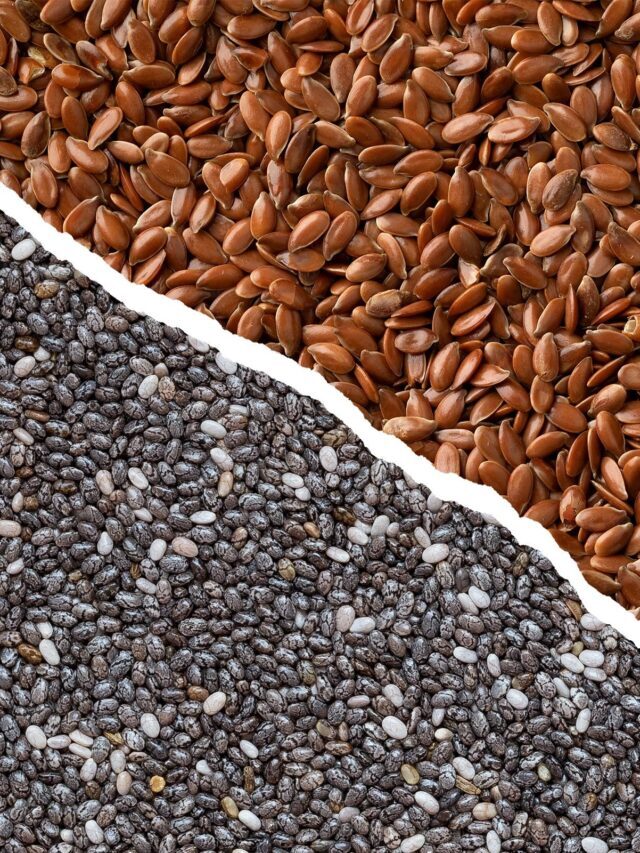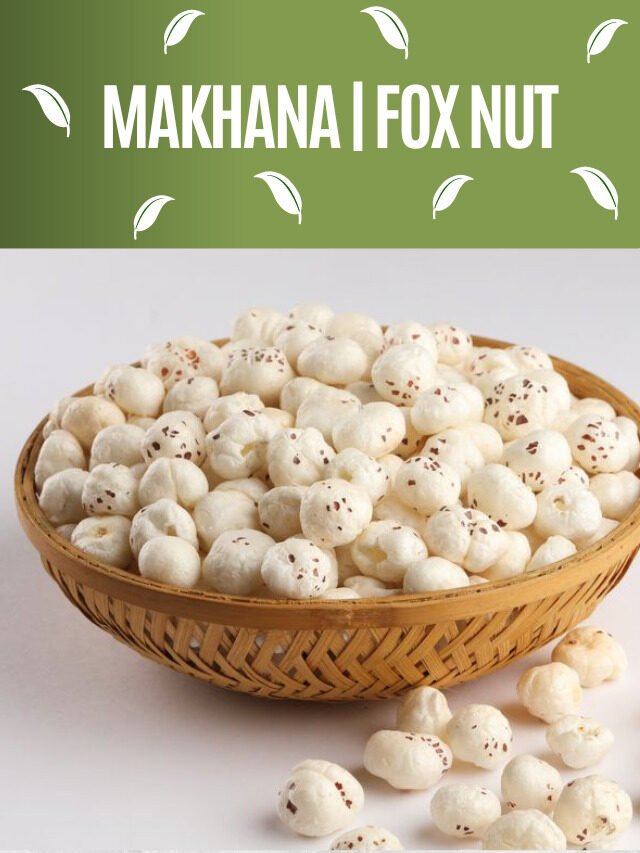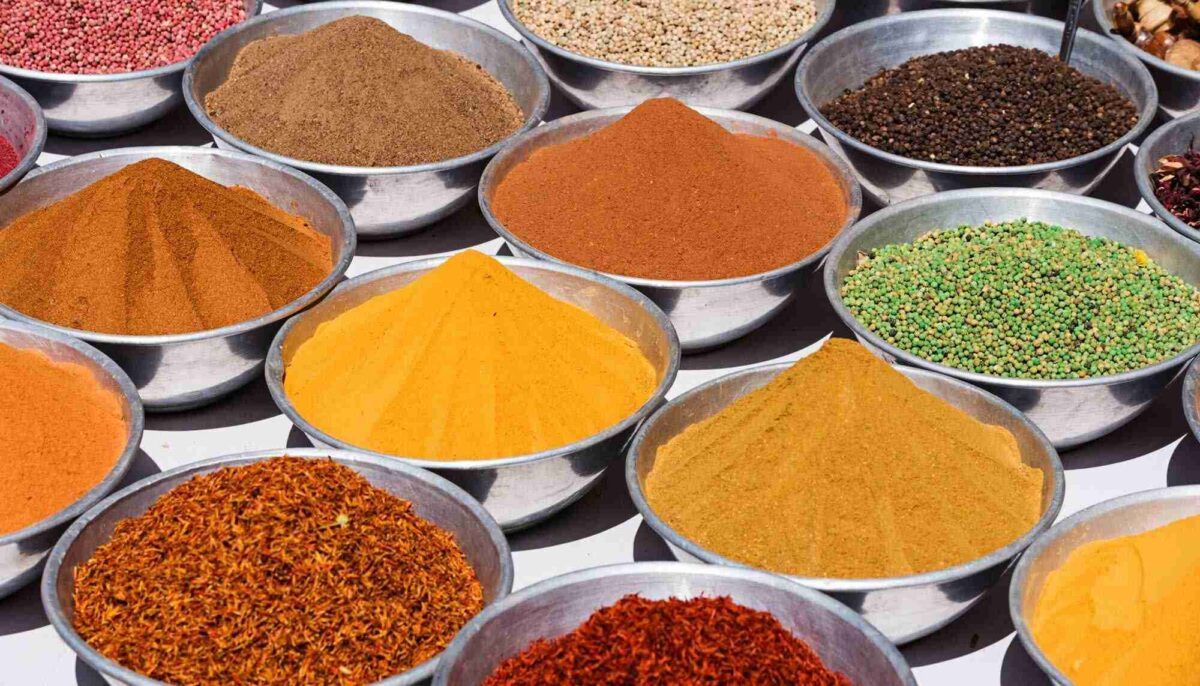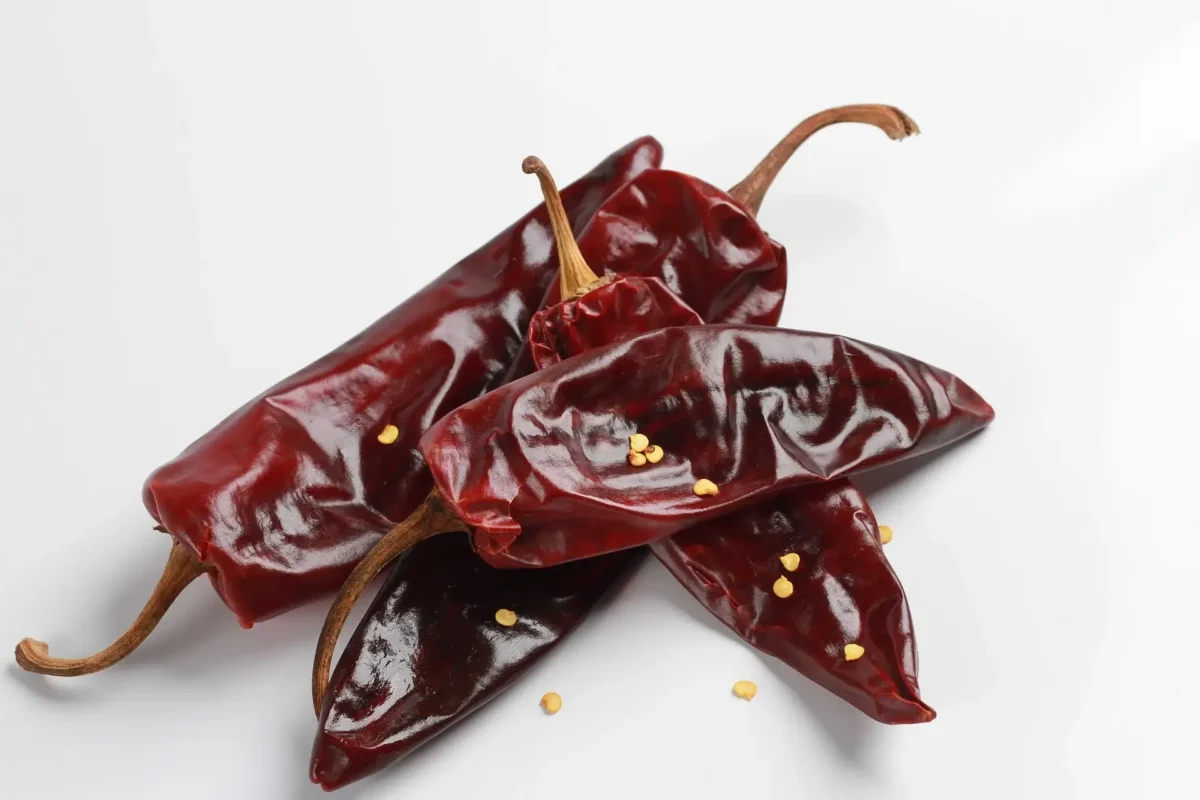Spices are integral part of Indian cuisine, and their use has been traced back to ancient times. The diverse climate and geography of India have given birth to a wide variety of spices that are used in Indian cooking. These spices not only add flavor and aroma to food but also have medicinal properties. In this article we’ll explore the fascinating world of Indian spices, their history, uses and health benefits.
Table of Contents
Introduction
Indian spices have played an essential role in Indian culture for centuries. The use of spices in Indian cooking has evolved over time, with each region of India having its unique blend of spices. The spice trade brought many of these spices to the world & has played a significant role in world history. The diverse range of Indian spices and their uses are sure to leave your taste buds tingling.
The History of Indian Spices
The history of Indian spices dates back to ancient times. The ancient Indus Valley civilization used spices for cooking & medicinal purposes. The spice trade started during the Indus Valley civilization and has continued ever since. The spice trade brought spices to Europe, Asia & Africa and spices became highly sought-after commodities. These spices have played crucial role in world history, with many countries vying for control of the spice trade routes.
Also Read: Buy Dry Fruits Online In Mumbai – Manvik Foods
The Different Types of Indian Spices
India is known for its vast array of spices, each with its unique flavor and aroma. The most commonly used spices in Indian cuisine include:

Each of these spices has its unique flavor and aroma and is used in various dishes. For example, cumin is commonly used in curries, while coriander is used in chutneys and spice mixes.
Health Benefits of Indian Spices
Spices not only add flavor to food but also have medicinal properties. Many of these spices have been used in Ayurvedic medicine for centuries. Some of the health benefits of Indian spices include:
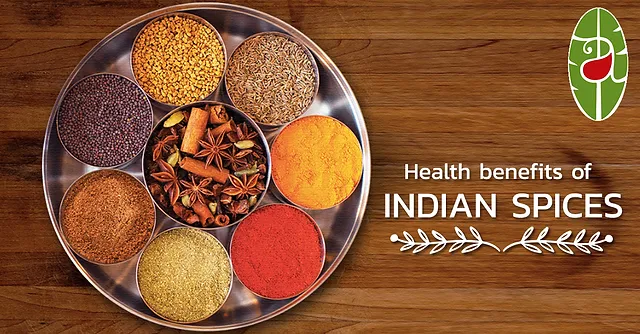
- Turmeric has anti-inflammatory properties and is believed to help with arthritis, heart disease and cancer.
- Cumin aids in digestion and helps with indigestion, bloating, and flatulence.
- Cardamom helps with digestion, bad breath and is believed to have anti-cancer properties.
- Cinnamon has antioxidant properties and is believed to help with diabetes, Alzheimer’s and heart disease.
Using Indian Spices in Cooking
Indian spices are used in various dishes, from curries to chutneys to spice mixes. Each spice is used in different quantities, depending on the dish’s flavor and aroma requirements. Some of the popular Indian dishes that use spices include:
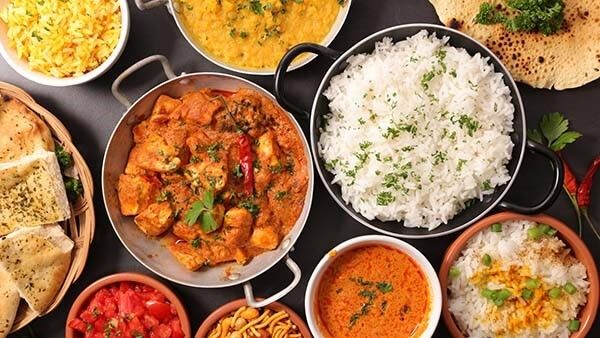
- Chicken Tikka Masala
- Chana Masala
- Biryani
- Samosas
- Tandoori Chicken
- Naan Bread
Buying and Storing Indian Spices
Indian spices are widely available in supermarkets and online stores. It’s best to buy whole spices & grind them yourself for the best flavor. Spices should be stored in a cool, dry place away from sunlight and should be replaced every six months for the best flavor.
Also Read: Healthy Diet: Its Importance and Awareness
Conclusion
Indian spices are an essential part of Indian cuisine and have rich history and culture. The diverse range of spices and their uses in Indian cooking are sure to leave your taste buds tingling. Not only do Indian spices add flavor to food, but they also have various health benefits. Incorporating these spices into your diet is a great way to add flavor and nutrition to your meals.
FAQs
What are the most commonly used Indian spices?
The most commonly used Indian spices include cumin, coriander, turmeric, mustard seeds, fenugreek, cardamom, cinnamon, cloves, nutmeg and mace. These spices are used in various dishes to add flavor and aroma.
How do I use Indian spices in my cooking?
Indian spices can be used in various ways in cooking. Some popular ways include adding them to curries, chutneys, spice mixes, marinades and rubs. The quantity and combination of spices used depend on the dish’s flavor requirements and the cook’s personal preference.
Can I substitute Indian spices with other spices?
While Indian spices have their unique flavor and aroma, some spices can be substituted with other spices. For example, you can substitute cumin with chili powder, coriander with parsley & cardamom with cinnamon. However, the flavor and aroma of the dish may not be the same.
Are Indian spices good for my health?
Yes, Indian spices are good for your health. Many Indian spices have medicinal properties and have been used in Ayurvedic medicine for centuries. Some of the health benefits of Indian spices include anti-inflammatory properties, aiding in digestion, anti-cancer properties and antioxidant properties.
How do I store Indian spices?
Indian spices should be stored in a cool, dry place away from sunlight. It’s best to buy whole spices and grind them yourself for the best flavor. Spices should be replaced every six months for the best flavor.

Rupesh Sagvekar is Content writer, Food blogger and owner of Manvik Foods, an online shop in Mumbai, India that specializes in selling high-quality dry fruits, nuts, berries, whole and powdered spices. Under the authority of Manvik Enterprises Organisation, Rupesh and his team believe that quality is of the utmost importance. They take great care to ensure that their products are verified, tested, and of the best possible quality. Rupesh’s goal is to make sure that every customer is satisfied with what they receive from Manvik Foods.
As an Amazon affiliate, Manvik Foods ships their products all over India, allowing customers from all corners of the country to enjoy their delicious and nutritious products. With Rupesh at the helm, Manvik Foods has become known for their commitment to quality, exceptional customer service, and passion for healthy, natural foods.

